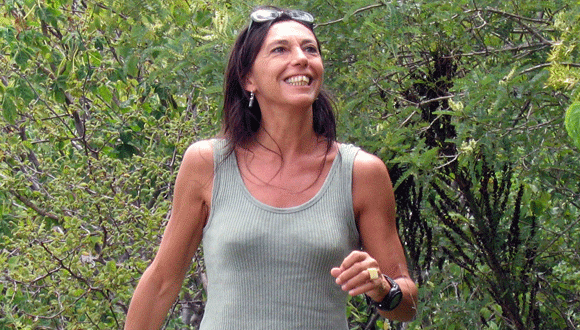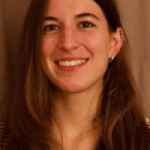CREDIBLE project opens public consultation to map the future of carbon farming in Europe
The European Union is developing the Carbon Farming Framework, a roadmap to boost carbon farming in soils across the European continent. This model encompasses a variety of agricultural techniques with a common objective: to recover and increase the soil's capacity to sequester atmospheric carbon. But, in order to implement it, there are still many unknowns to be solved, among others: What agricultural practices are included under this umbrella? How to compensate farmers to join this transition? What indicators have to be established to certify that carbon is indeed being stored (and that it remains in the soil in the long term)? The European CREDIBLE project is working precisely to answer these questions and is doing so with as many voices as possible, including those from the agricultural, business, political and scientific sectors. In this sense, it has opened a public and online consultation in which it calls on any person and organization linked to agriculture to give their opinion on what has been elaborated so far. It is open for participation until the end of July.
How does the project work?
One of the project's goals is to identify potential synergies and trade-offs between carbon farming, food security and biodiversity.
CREDIBLE began in 2023 and works in 11 focus groups. Each of them is made up of experts in the field who discuss different topics. Among other topics, they address how to identify and promote best practices in carbon agriculture, protocols for monitoring how much carbon is being sequestered in the soil, or identifying potential synergies and antagonisms between carbon agriculture, food security and biodiversity. This last group is led by CREAF researcher Pilar Andrés, who explains that "throughout this year, we have internally debated these issues. The conclusions we reached were shared at a congress held in Valencia at the beginning of this year, with the participation of key players from the political, research, industrial and agricultural associations. All participants gave their opinions and this feedback was integrated together with our reflections in a document that is available on the project's website. Now, we want to enrich it even more, so we have opened it up for consultation: anyone involved in agriculture can read it at home and give their opinion!
As a result of this interaction, a report will be produced with recommendations for making EU policy on carbon farming work with and for farmers, but also delivering climate and biodiversity benefits. This same process of keeping the debate active within the focus group, sharing the conclusions at a congress and opening a public and online consultation, will be repeated twice more throughout the project, "each time we will make the messages more concrete", Pilar Andrés clarifies.
The project began in 2023 and it is funded by the European Horizon 2020 program, within the framework of the Soil Mission of the European Commission and is coordinated by the R&D company Soluciones Agrícolas Ecoinnovadoras SL. It also relies on a network of experts from 21 entities in 7 European countries, including CREAF.
What is carbon farming?
Carbon farming is a business model that aims to facilitate carbon sequestration in soils. In the case of Europe, it is being materialized through the Carbon Farming Framework. This model includes recommendations on agricultural and forestry techniques that, in combination, increase soil carbon content. Work is also being done on the most reliable monitoring systems, on the most convenient forms of certification and on the different ways of offering farmers incentives or rewards (monetary or otherwise) for the effort they devote to respecting and restoring the ecosystem services provided by the soil.
Some of the practices included in this framework are integrated systems such as agroforestry, which combines trees with crops and livestock on the same land.
Some of the practices included in this framework are integrated systems such as agroforestry, which combines trees with crops and livestock on the same land to increase synergies between the animals, which feed on fresh grass, the plants, which use livestock excrement as fertilizer, and the soil, which increases the organic matter content. Also regenerative livestock farming in meadows or implementing permanent vegetative covers on croplands, which help protect the soil from erosion.

"There is still debate about what practices are considered carbon farming and, through CREDIBLE, we want to define it with more certainty to avoid greenwashing".
PILAR ANDRÉS PASTOR, CREAF researcher and part of the project.
The researcher also emphasizes that applying techniques separately does not make sense and that what needs to be evaluated are the 'integrated management schemes' that work best in each place. The reason is that the soil reacts differently to each agricultural practice depending on the biogeoclimatic context and the history of land use, "so there are no 'good practices' that can be generalized to the entire continent". For example, avoiding tillage can increase biodiversity and soil organic matter in some places if combined with cover crops, but if applied separately it can end up being detrimental and not increasing carbon content.
The benefits of this model, if well implemented, go beyond the soil acting as a sink for atmospheric carbon, since a higher carbon content goes hand in hand with the improvement of the environmental services provided by the soil, such as its capacity to regulate the hydrological cycle and to host biodiversity. Agricultural management focused on carbon sequestration is also associated with reducing the massive use of heavy machinery and fertilizers, within the framework of the circular economy of farms.







